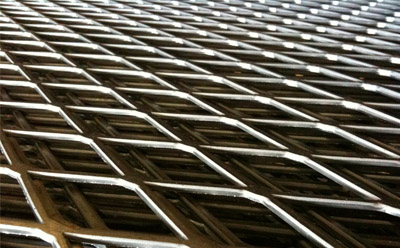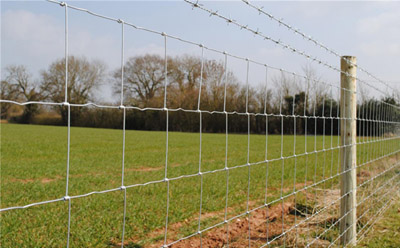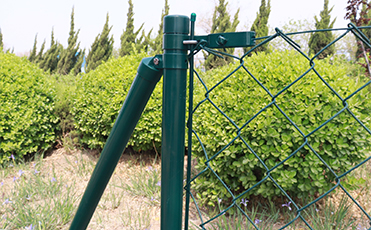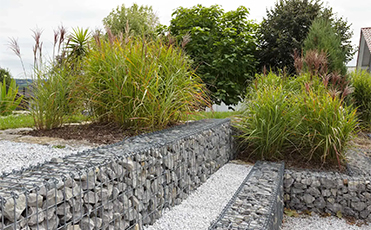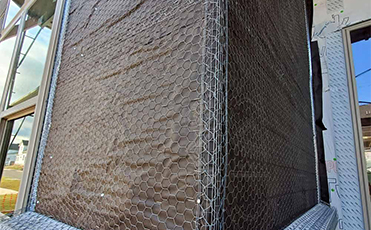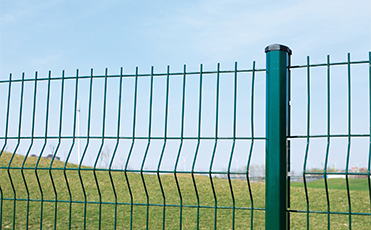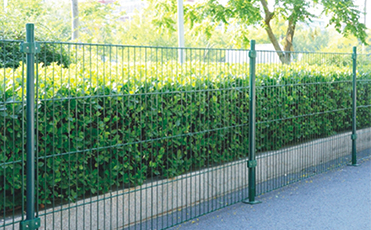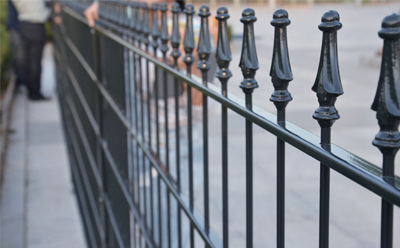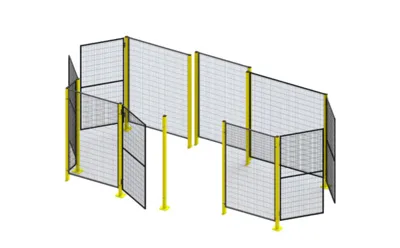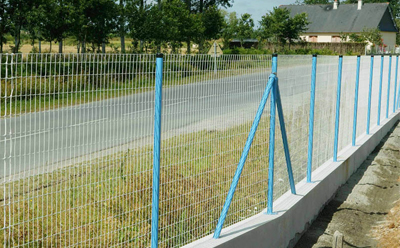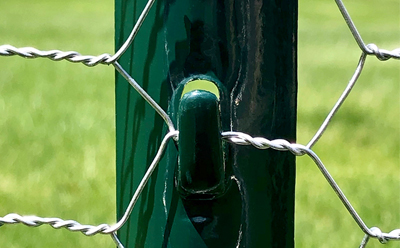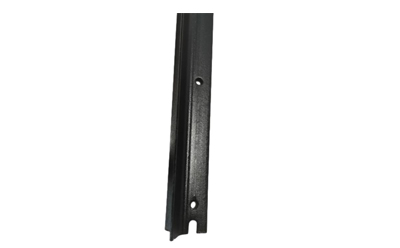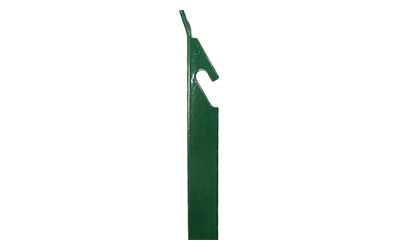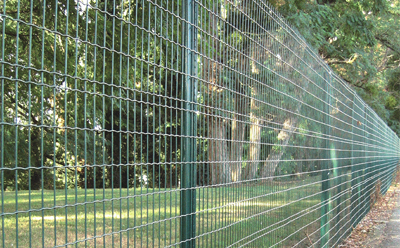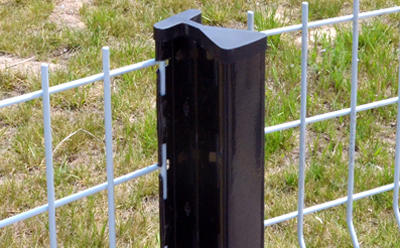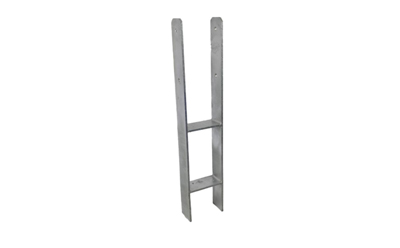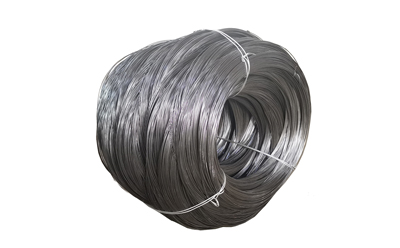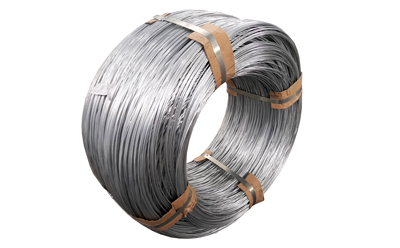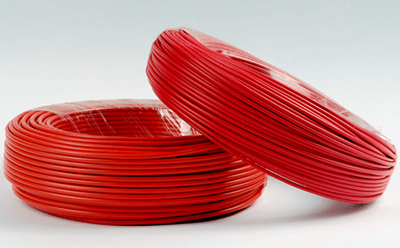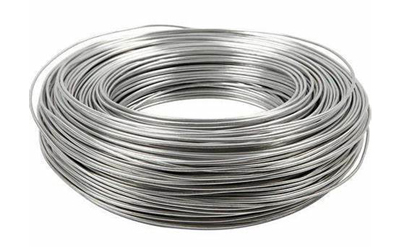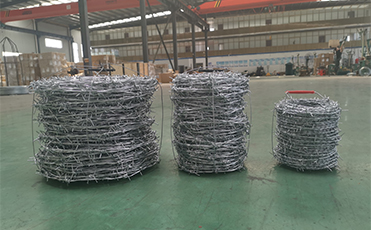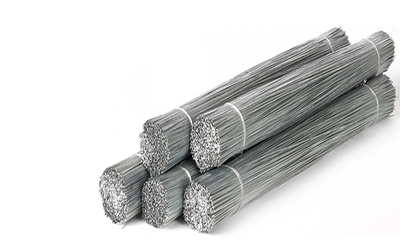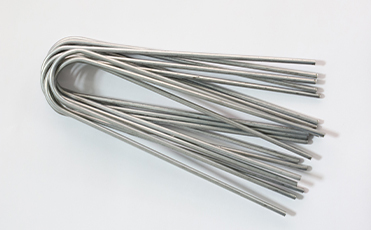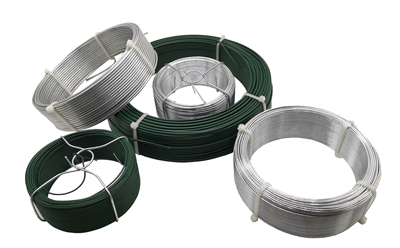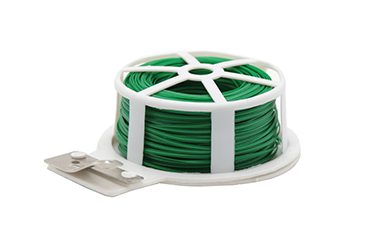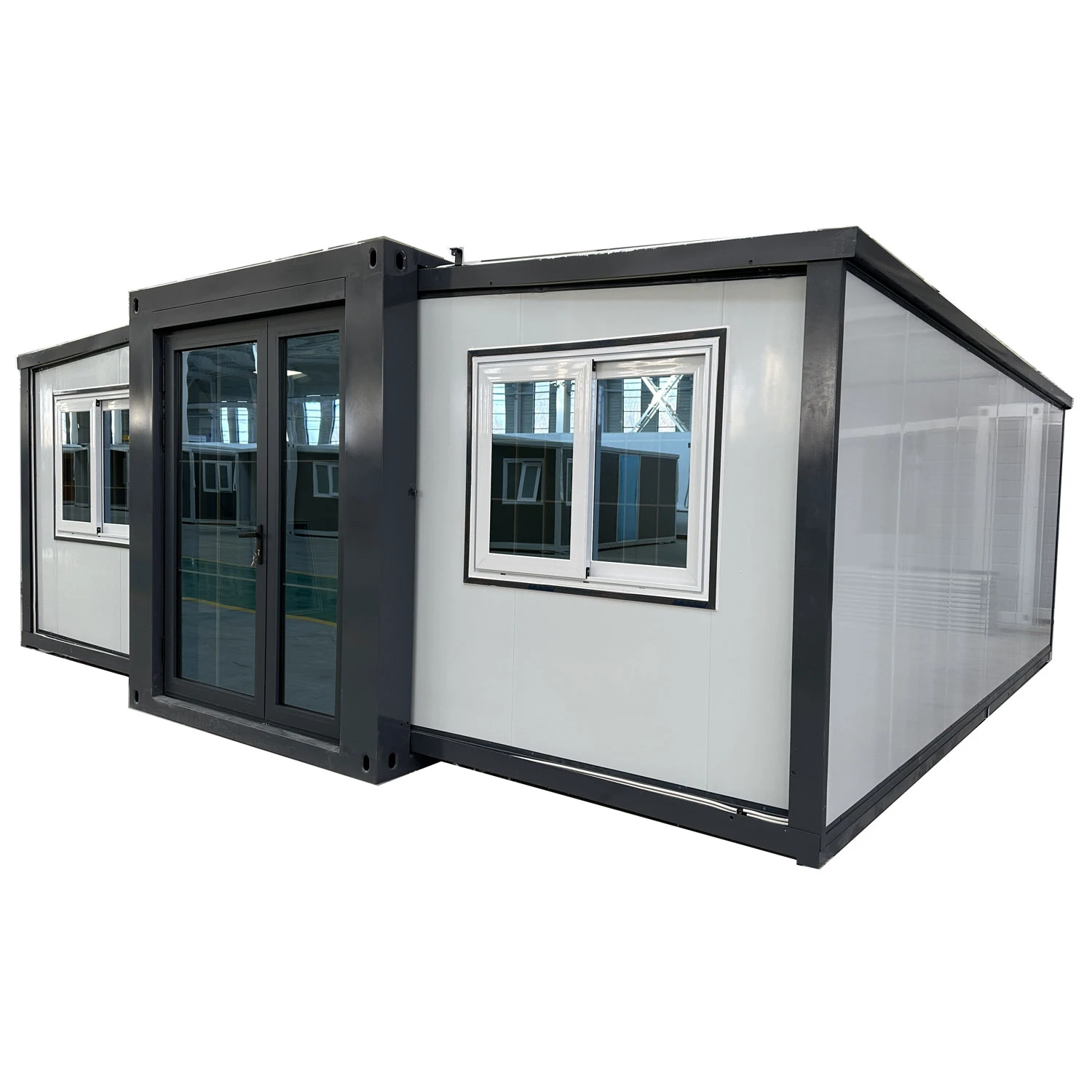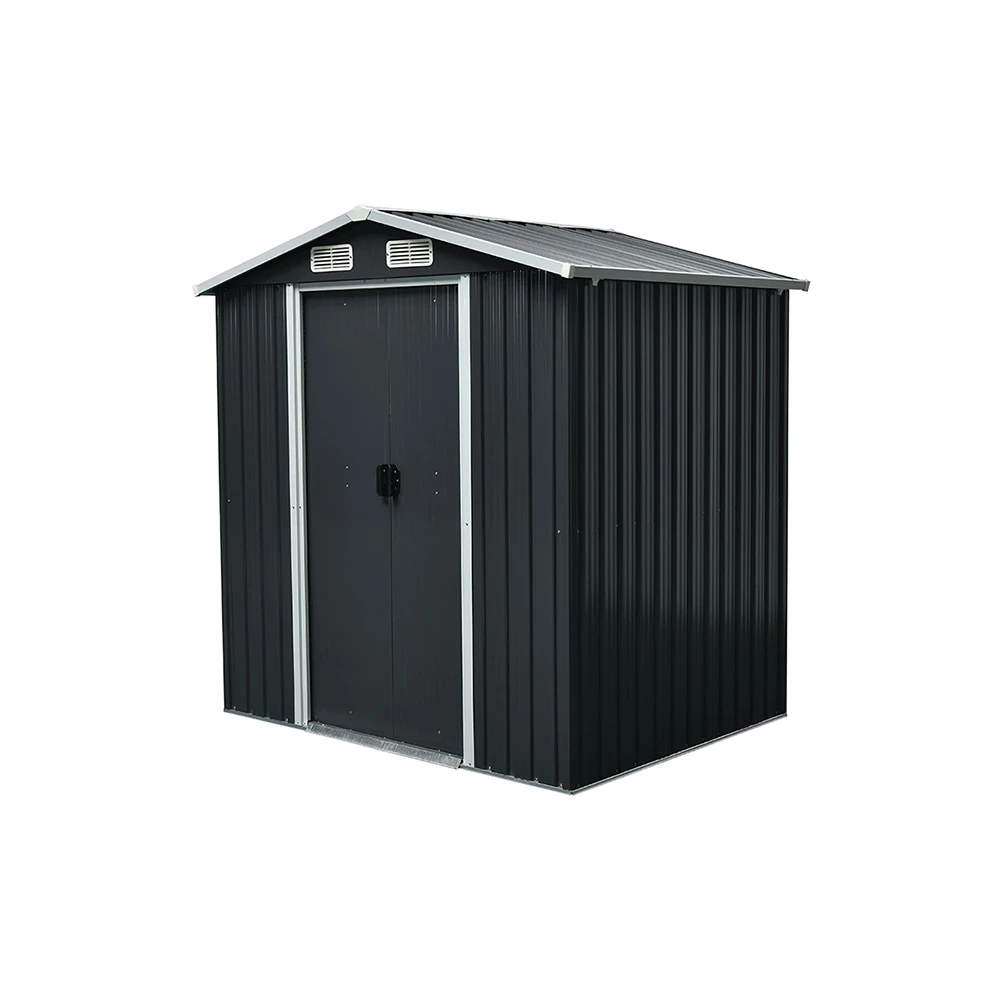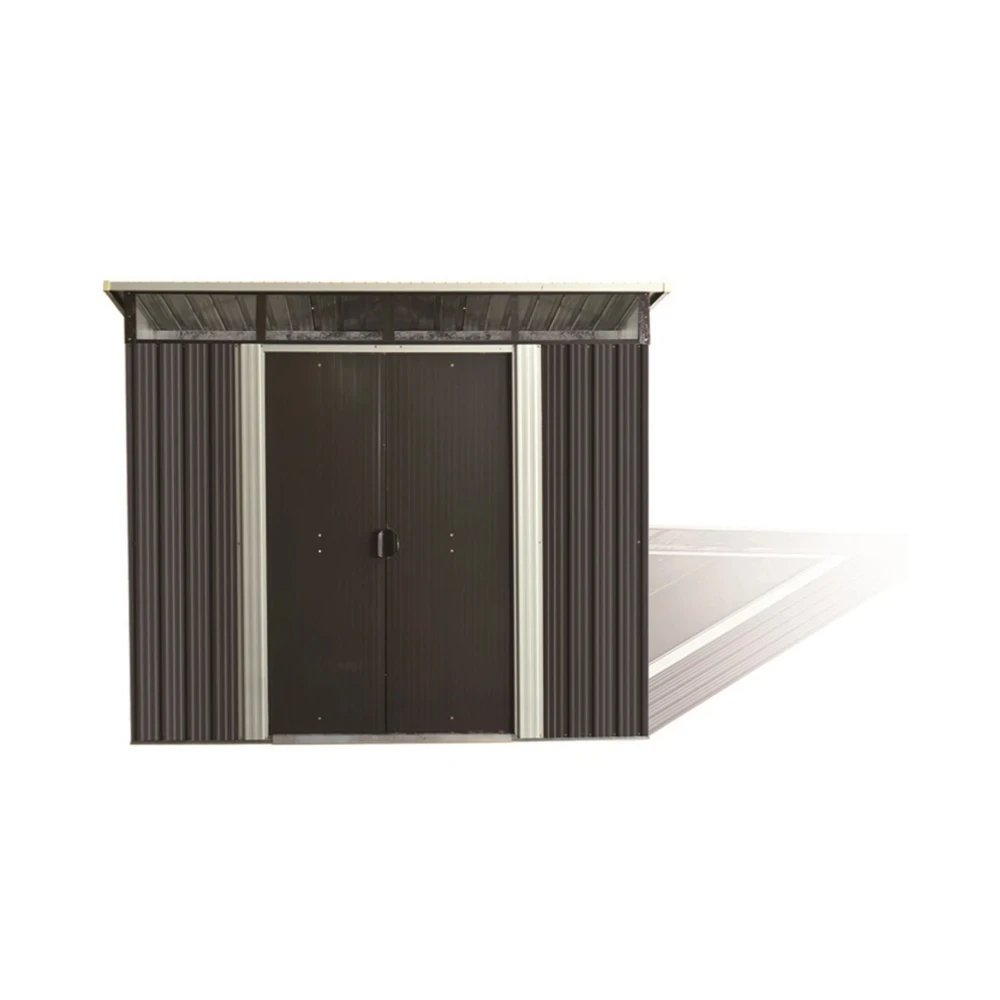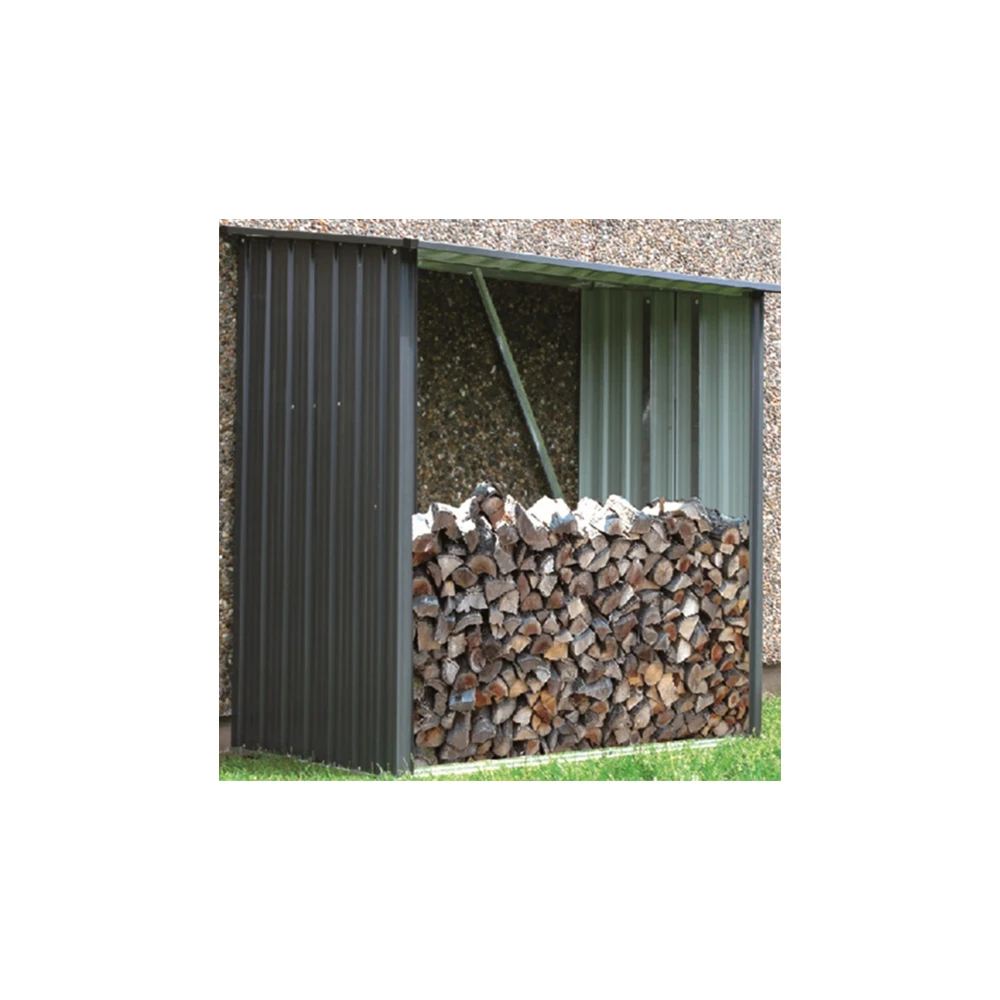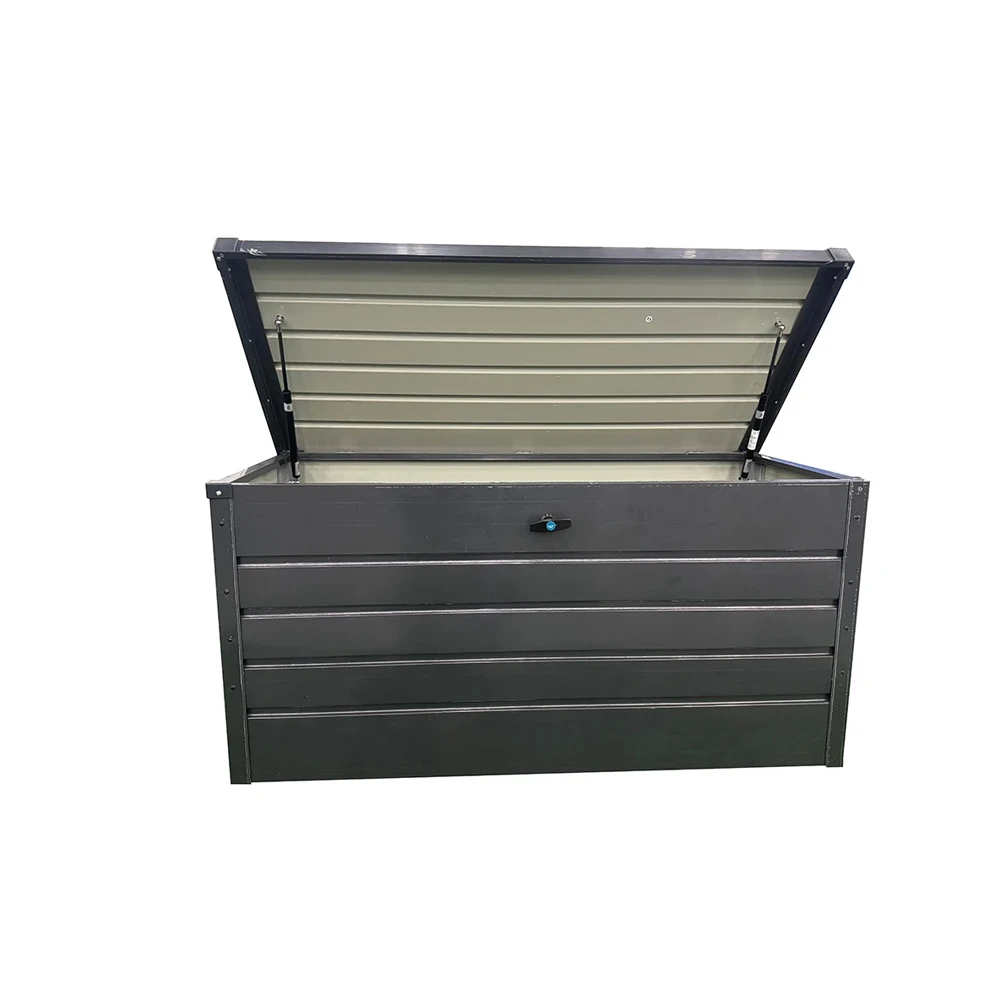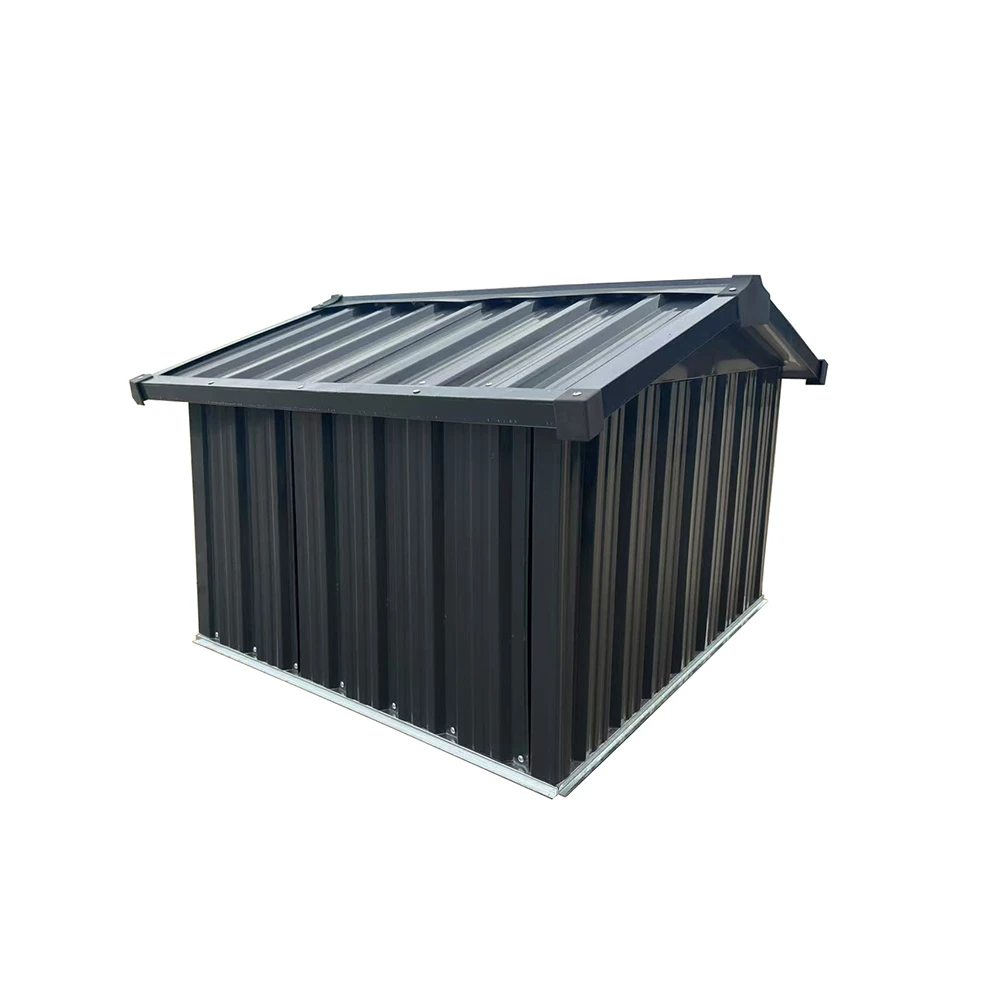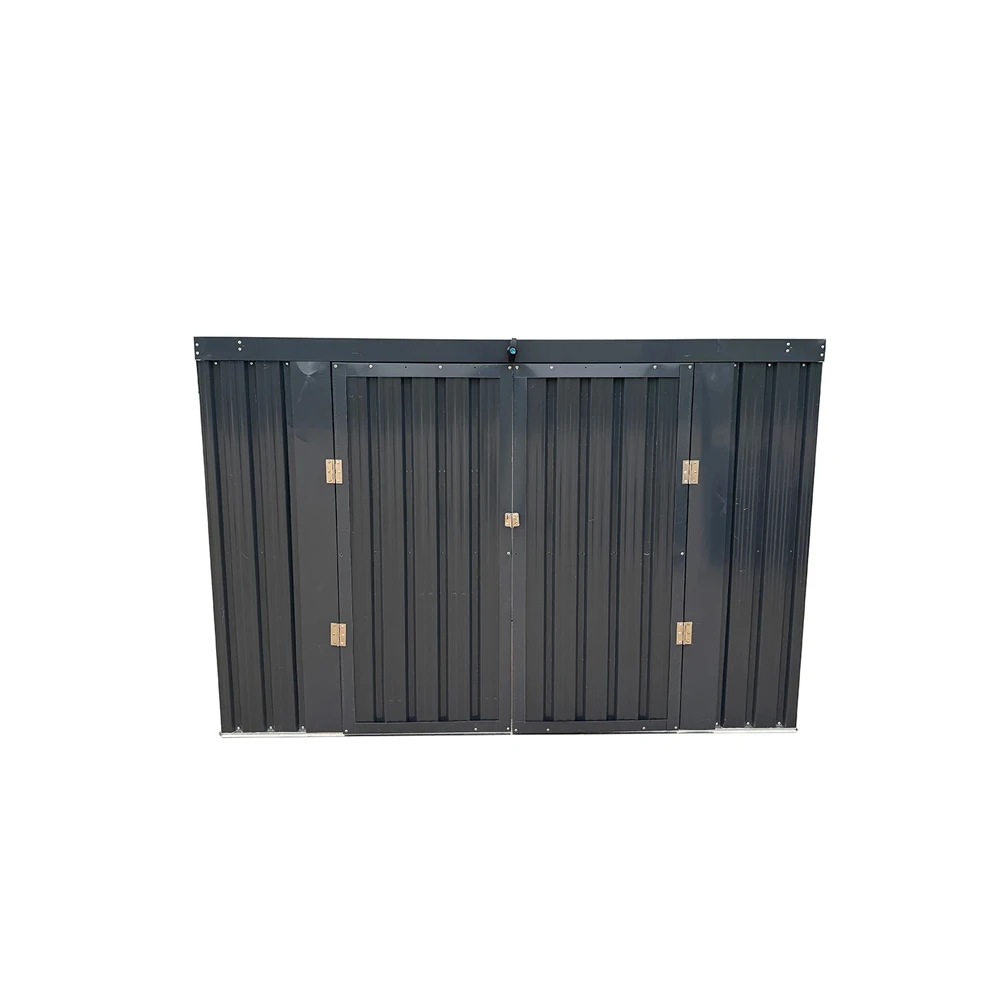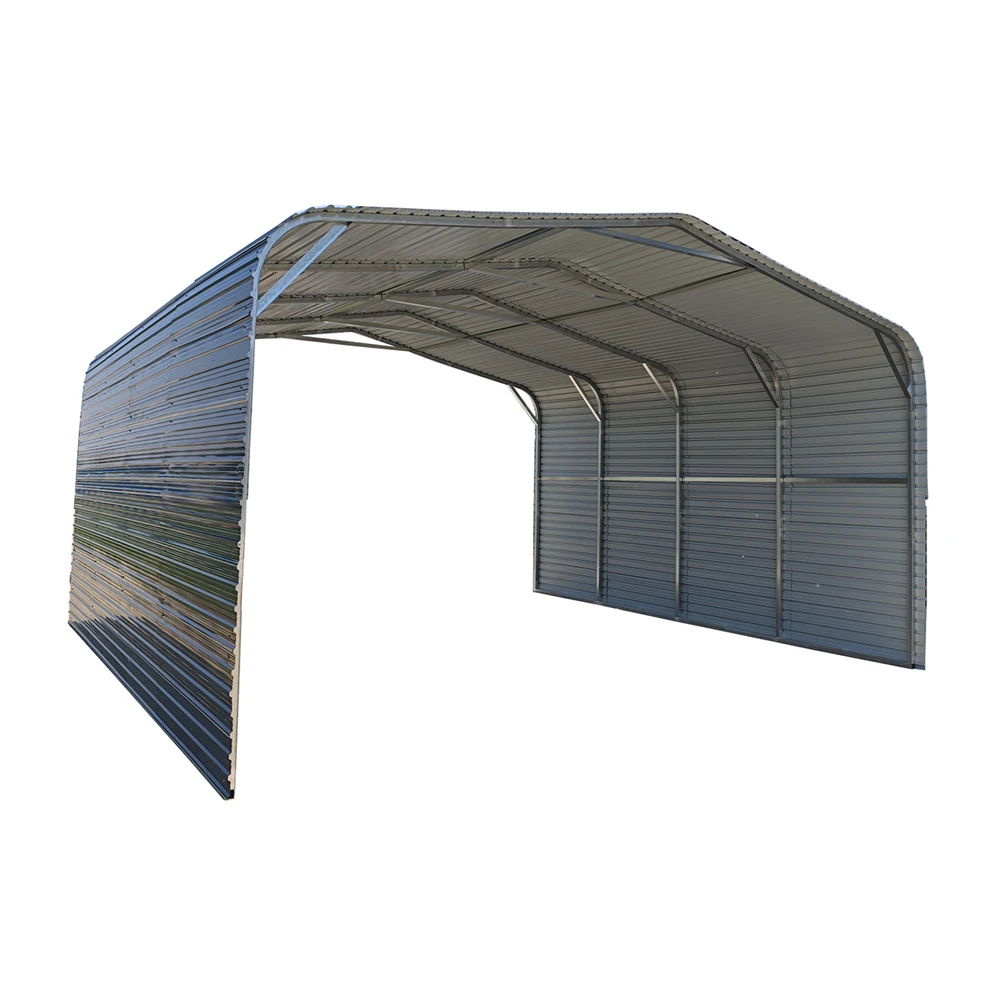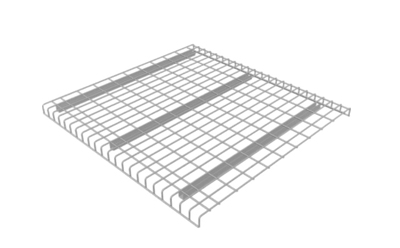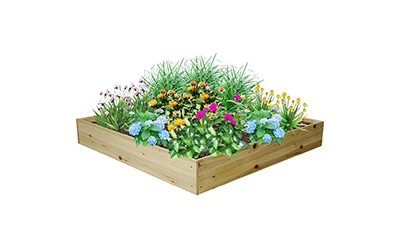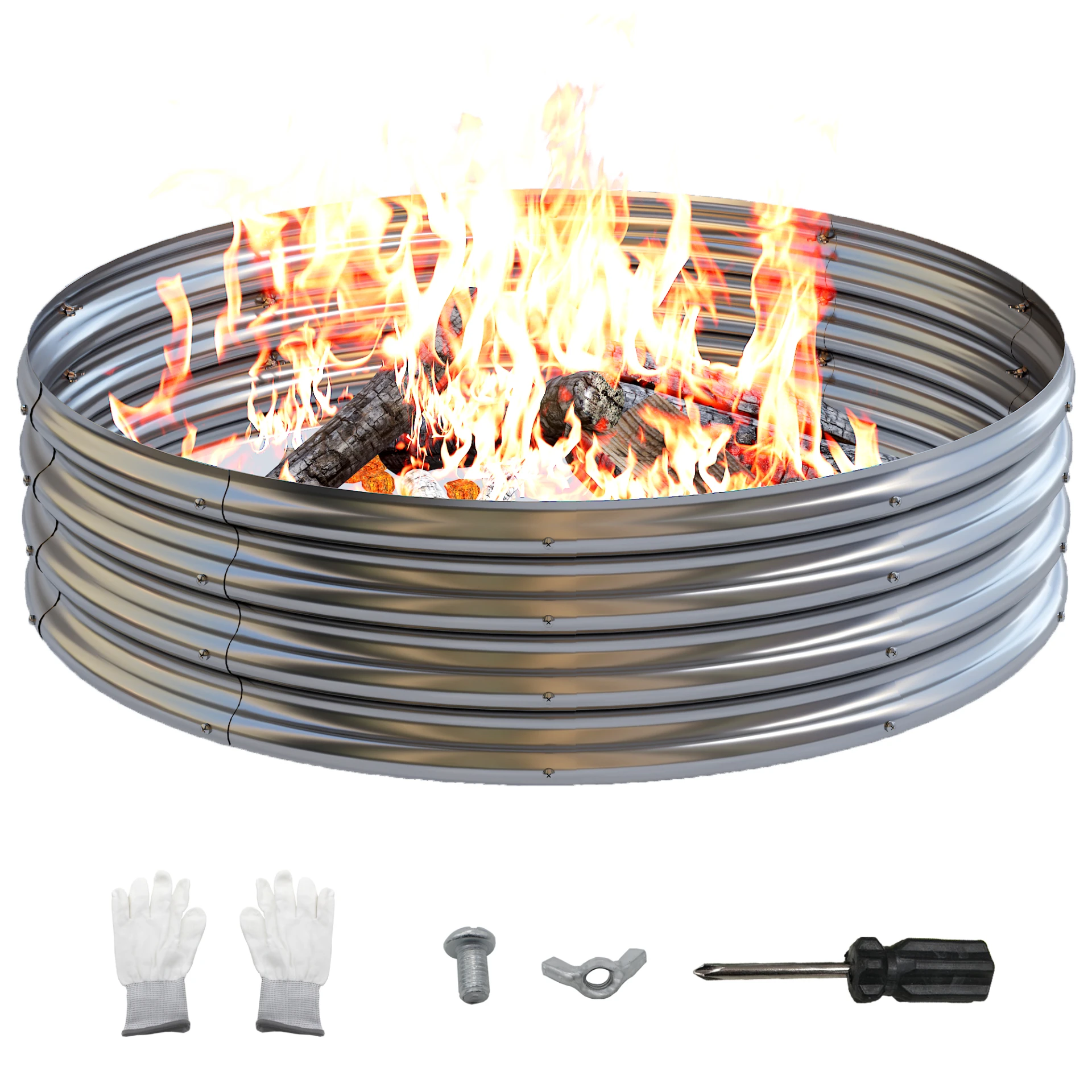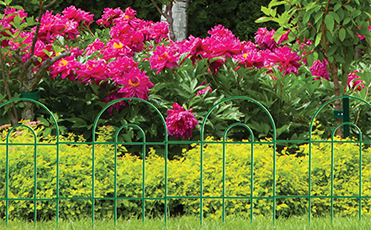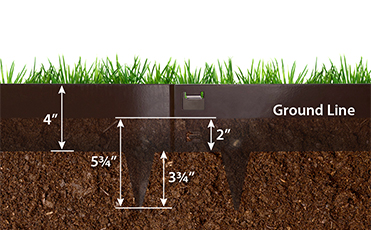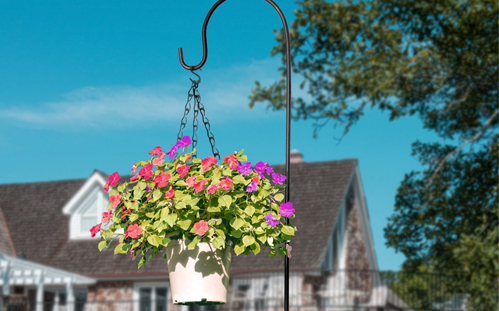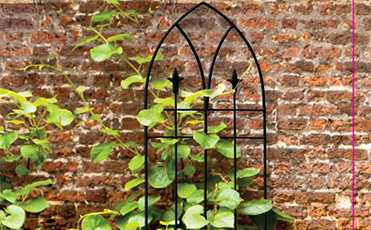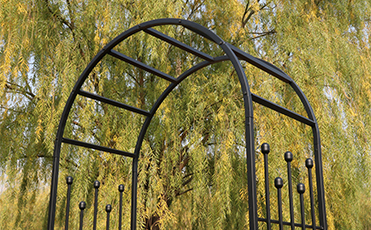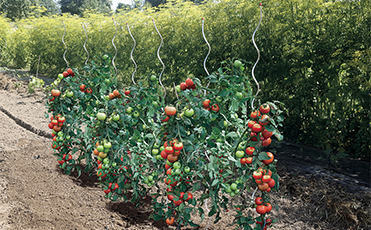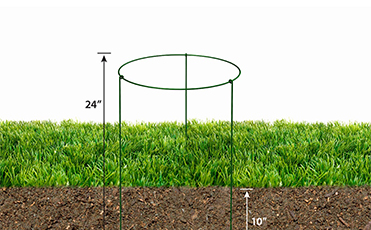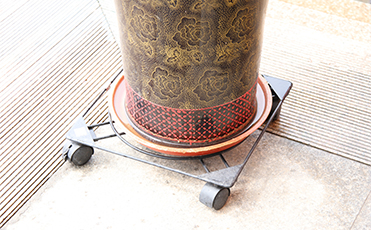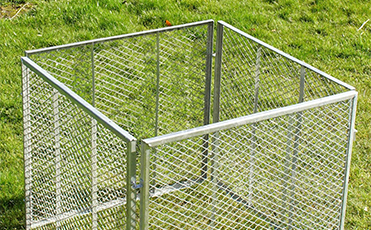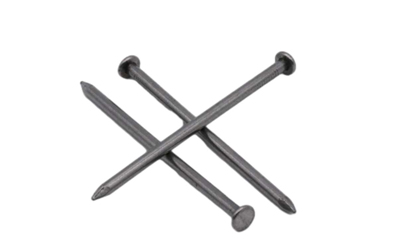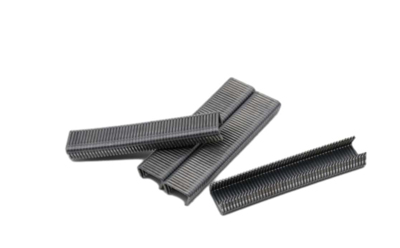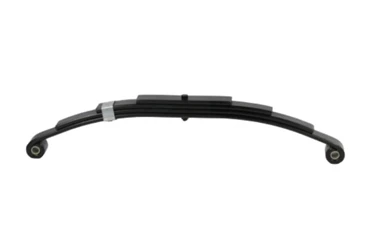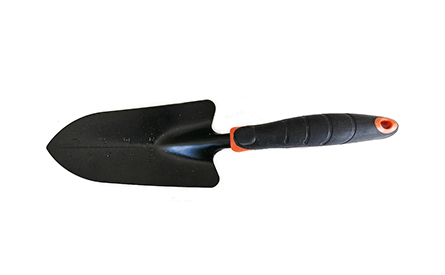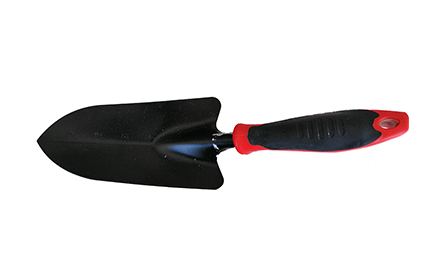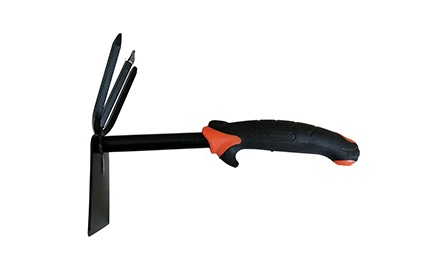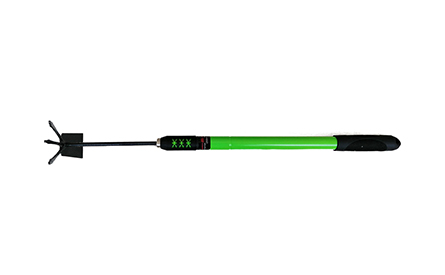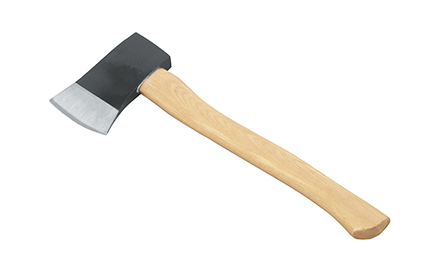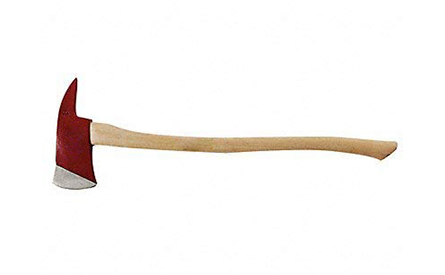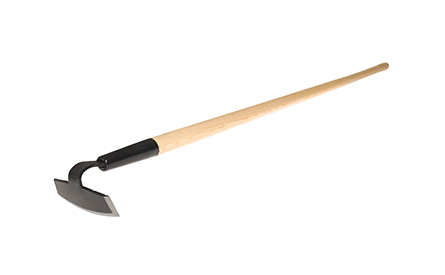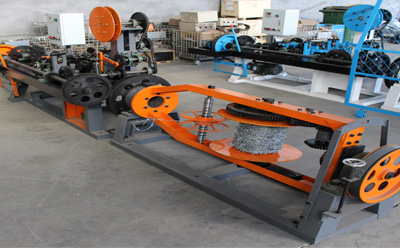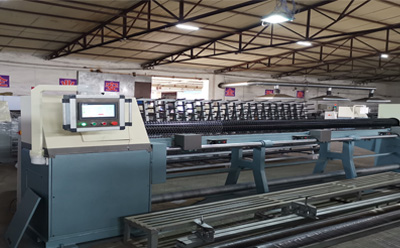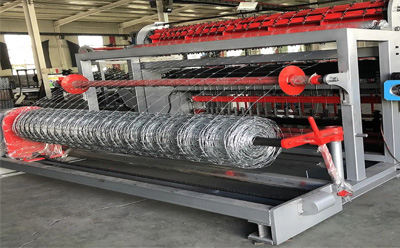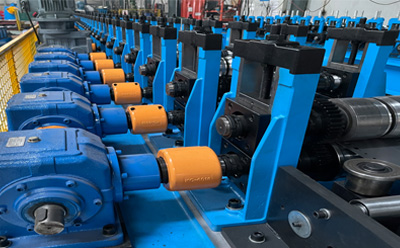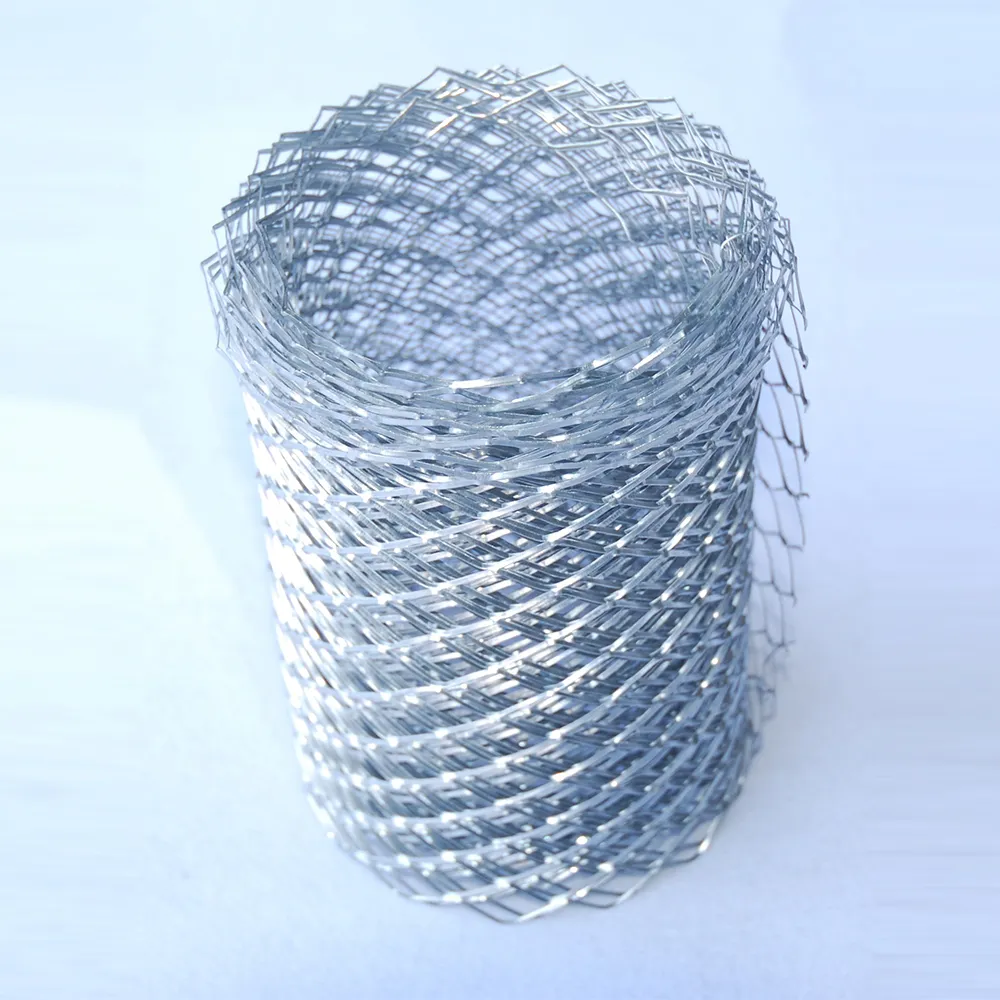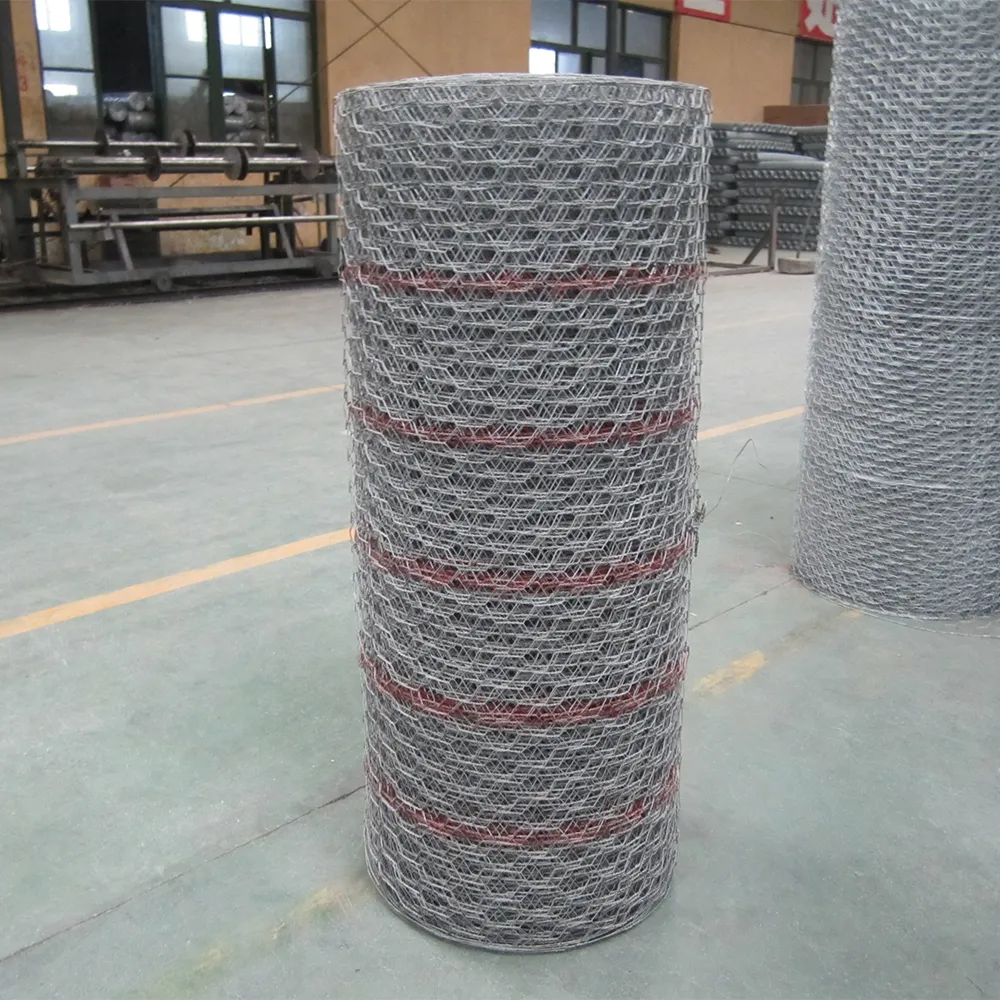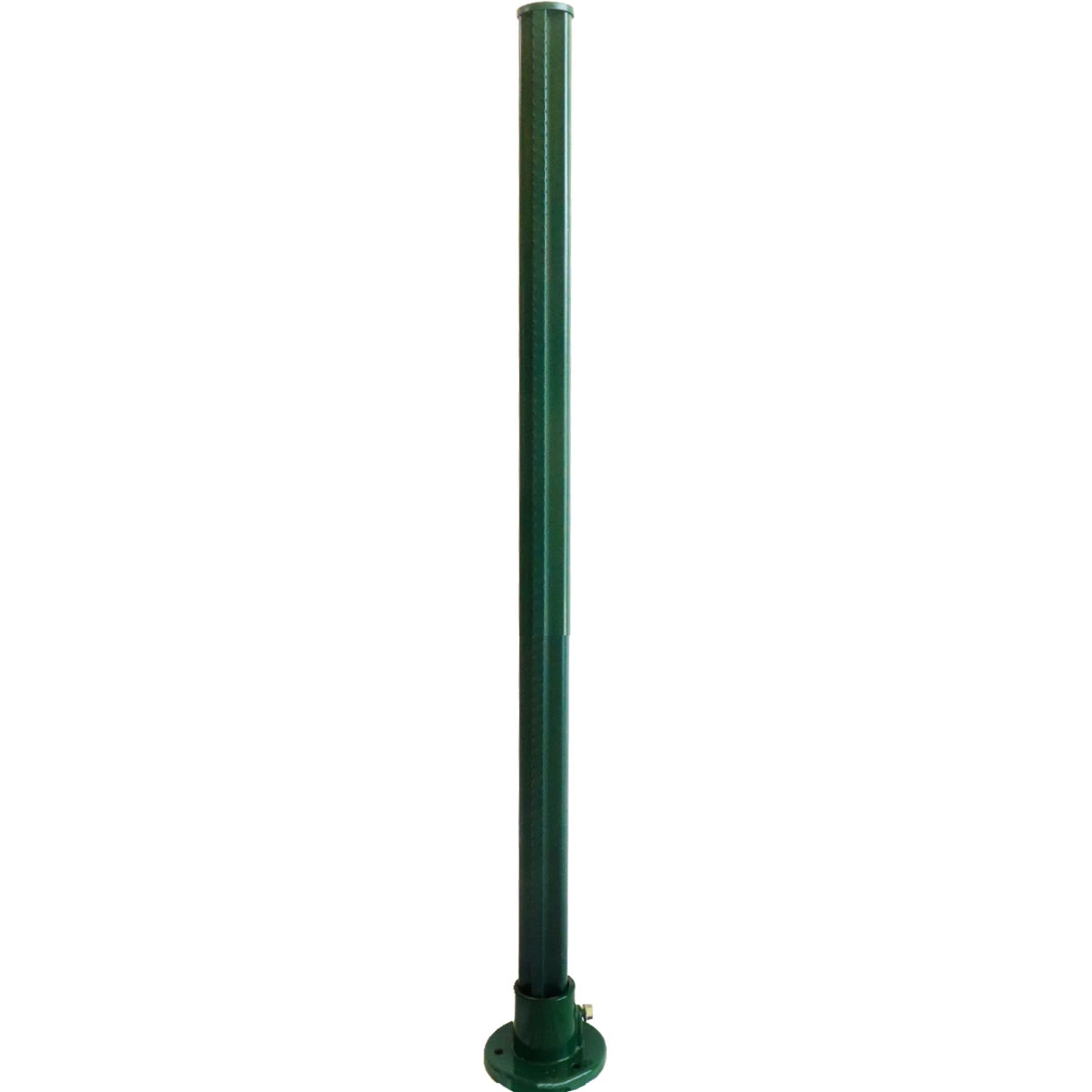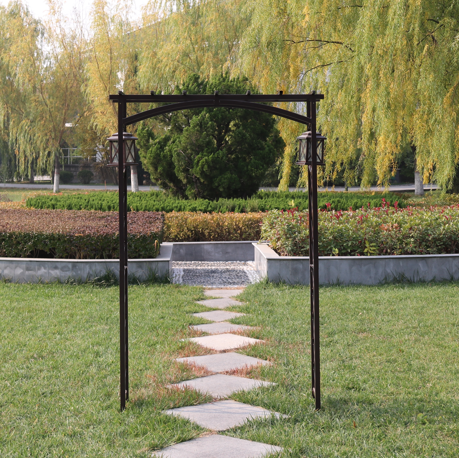Related News
Different Types of Construc
Apr . 23, 2024 17:20 . Understanding the different types of construction nails is crucial for selecting the right nail for the specific application and ensuring the longevity and integrity of your projects. This comprehensive guide will delve into the diverse range of construction nails, their unique characteristics, and their appropriate uses.
### Types of Construction Nails
Construction nails can be classified into several categories based on their design, materials, and intended applications. Here are some of the most common types:
**Common Nails:**
These are the general-purpose nails commonly used in framing, sheathing, and other structural applications. They feature a diamond-shaped head and a straight, round shank.
. Understanding the different types of construction nails is crucial for selecting the right nail for the specific application and ensuring the longevity and integrity of your projects. This comprehensive guide will delve into the diverse range of construction nails, their unique characteristics, and their appropriate uses.
### Types of Construction Nails
Construction nails can be classified into several categories based on their design, materials, and intended applications. Here are some of the most common types:
**Common Nails:**
These are the general-purpose nails commonly used in framing, sheathing, and other structural applications. They feature a diamond-shaped head and a straight, round shank. .
**Box Nails:**
Box nails resemble common nails but have a slightly smaller head and a shorter length. They are primarily used for assembling wooden boxes and crates, as well as for lighter construction tasks.
**Finishing Nails:**
Finishing nails have a small, round head that can be countersunk or driven flush with the surface of the wood, resulting in a clean, concealed finish. They are suitable for trim, molding, and other delicate carpentry work.
**Brad Nails:**
Brad nails are the smallest type of construction nails, with thin shanks and a very small head.
.
**Box Nails:**
Box nails resemble common nails but have a slightly smaller head and a shorter length. They are primarily used for assembling wooden boxes and crates, as well as for lighter construction tasks.
**Finishing Nails:**
Finishing nails have a small, round head that can be countersunk or driven flush with the surface of the wood, resulting in a clean, concealed finish. They are suitable for trim, molding, and other delicate carpentry work.
**Brad Nails:**
Brad nails are the smallest type of construction nails, with thin shanks and a very small head. .
**Roofing Nails:**
Roofing nails are specifically designed for installing roofing shingles. They have a large, flat head with a washer-like base that seals against the roofing material, preventing leaks and ensuring a secure hold.
**Masonry Nails:**
Masonry nails are designed for use with brick, concrete, and other masonry materials. They have a hardened steel shank and a blunt point that can penetrate hard surfaces. Masonry nails come in various lengths and diameters to accommodate different masonry types and depths.
.
**Roofing Nails:**
Roofing nails are specifically designed for installing roofing shingles. They have a large, flat head with a washer-like base that seals against the roofing material, preventing leaks and ensuring a secure hold.
**Masonry Nails:**
Masonry nails are designed for use with brick, concrete, and other masonry materials. They have a hardened steel shank and a blunt point that can penetrate hard surfaces. Masonry nails come in various lengths and diameters to accommodate different masonry types and depths. .
* **Drywall Nails:** Drywall nails have a sharp point and a flat head that can be easily driven into drywall without damaging the surface.
* **Corrosion-Resistant Nails:** These nails are made from materials like stainless steel or galvanized steel, making them resistant to rust and corrosion in harsh environments.
### Selecting the Right Construction Nail
Choosing the appropriate construction nail depends on a number of factors, including:
* **Material:** Consider the type of material you are working with, whether it is wood, masonry, or other materials.
* **Thickness:** The thickness of the material will determine the length and diameter of the nail required.
* **Application:** The intended use of the nail will dictate its size, head shape, and shank design.
.
* **Drywall Nails:** Drywall nails have a sharp point and a flat head that can be easily driven into drywall without damaging the surface.
* **Corrosion-Resistant Nails:** These nails are made from materials like stainless steel or galvanized steel, making them resistant to rust and corrosion in harsh environments.
### Selecting the Right Construction Nail
Choosing the appropriate construction nail depends on a number of factors, including:
* **Material:** Consider the type of material you are working with, whether it is wood, masonry, or other materials.
* **Thickness:** The thickness of the material will determine the length and diameter of the nail required.
* **Application:** The intended use of the nail will dictate its size, head shape, and shank design. .
* **Environment:** Consider the exposure to moisture, chemicals, or other corrosive elements and choose a nail with appropriate corrosion resistance.
### Conclusion
Construction nails are essential tools in the arsenal of every builder, carpenter, and DIY enthusiast. Understanding the different types of construction nails and their specific applications is crucial for achieving secure and durable results. By selecting the right nail for your specific project, you can ensure that your structures and projects will stand the test of time.
.
* **Environment:** Consider the exposure to moisture, chemicals, or other corrosive elements and choose a nail with appropriate corrosion resistance.
### Conclusion
Construction nails are essential tools in the arsenal of every builder, carpenter, and DIY enthusiast. Understanding the different types of construction nails and their specific applications is crucial for achieving secure and durable results. By selecting the right nail for your specific project, you can ensure that your structures and projects will stand the test of time. Copyright © 2025 Hebei Minmetals Co., Ltd. All Rights Reserved. Sitemap | Privacy Policy




